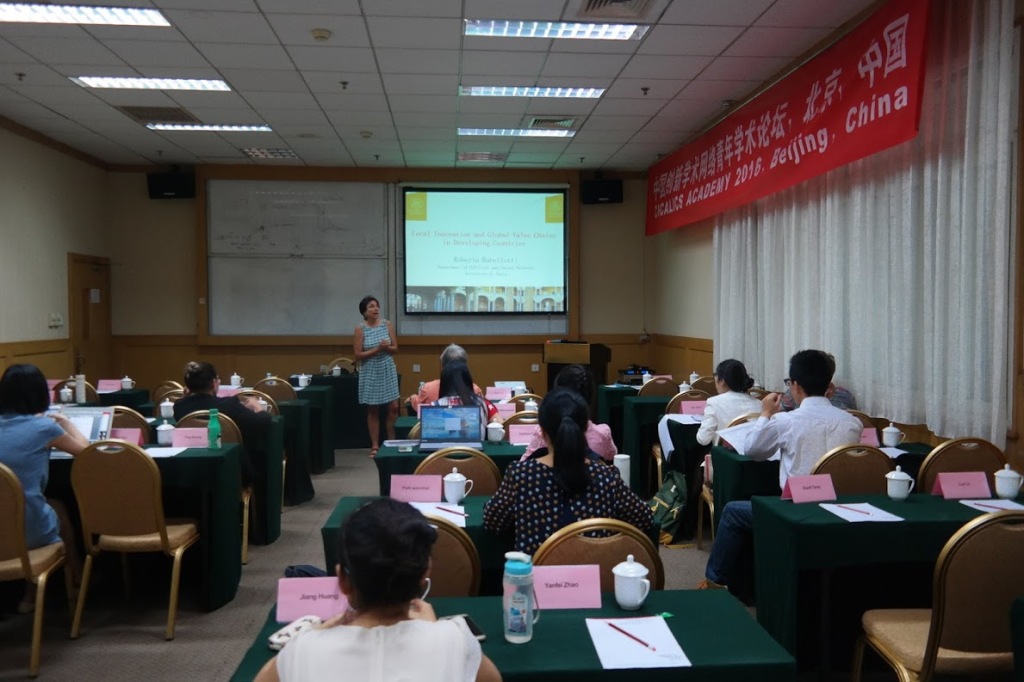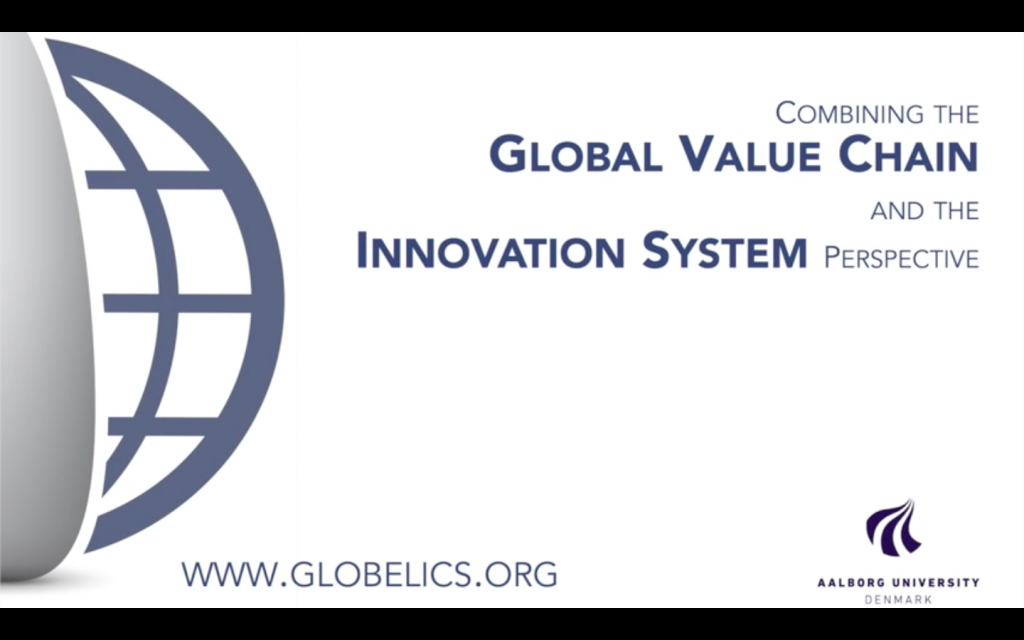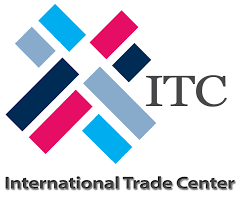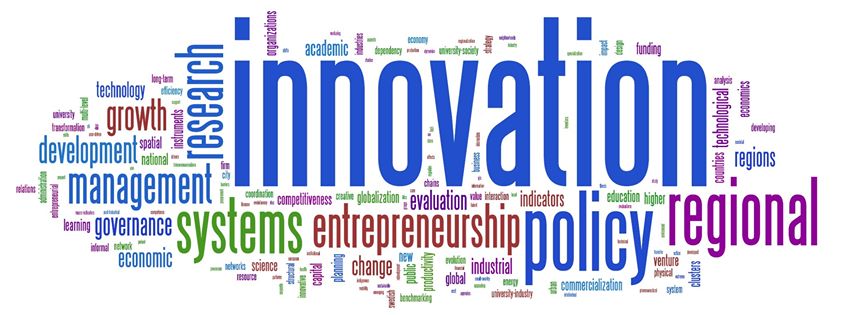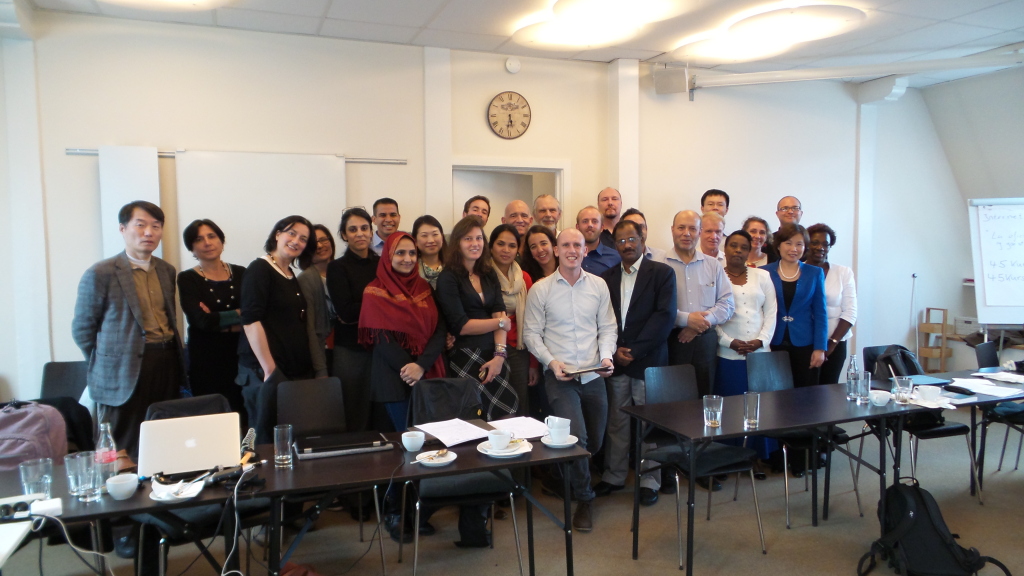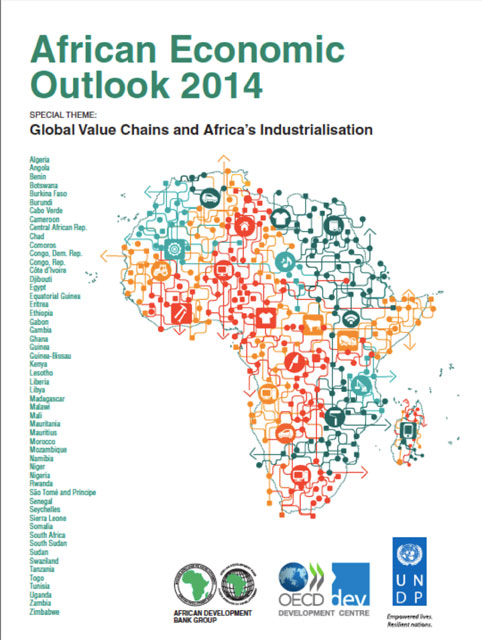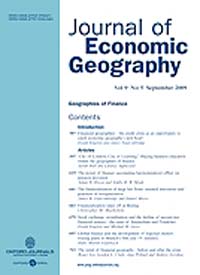Top Cited in World Development 9(7): 1261-1269
The article is written with Carlo Pietrobelli.
The Innovation Systems (IS) literature tends not to emphasize the crucial impact of international knowledge and innovation exchange and collaboration through, for example, inter-firm and intra-firm networks and Global Value Chains (GVC). In developing countries this aspect is crucial, with integration in GVC playing a growing and very important role in accessing knowledge and enhancing learning and innovation.

